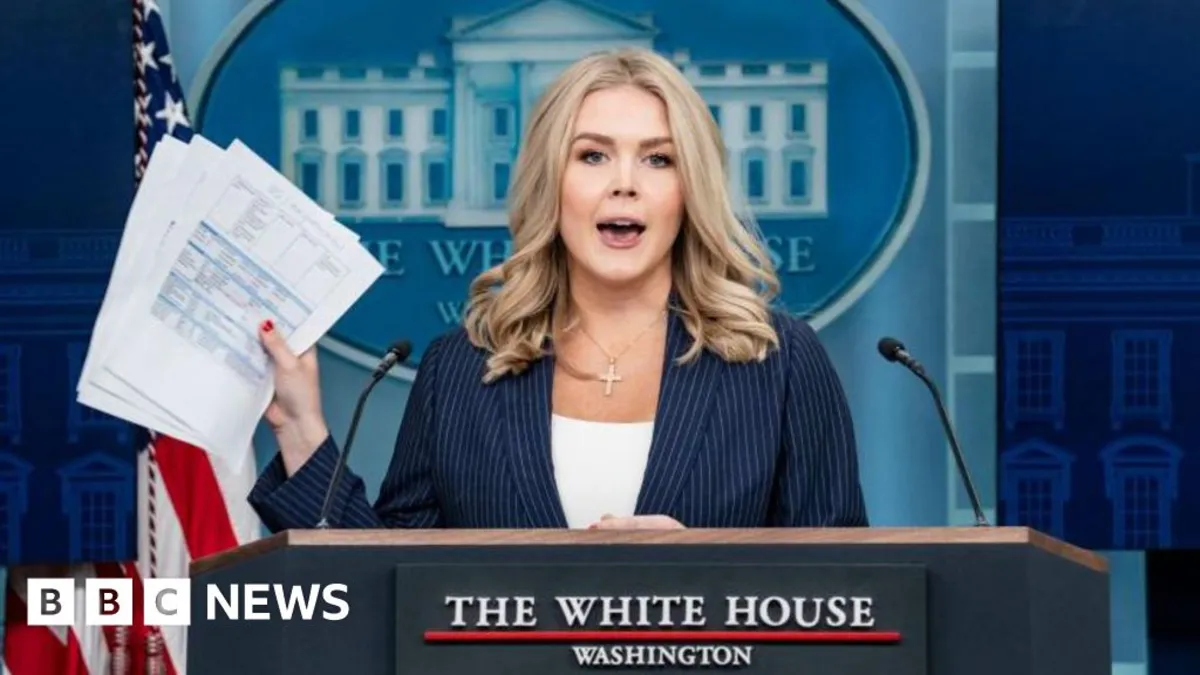
A federal judge has mandated that the Trump administration restore the Associated Press's (AP) access to presidential events, following a contentious dispute over the terminology used to refer to the Gulf of Mexico. The ruling, delivered by District Judge Trevor McFadden, underscores the importance of freedom of speech as guaranteed by the First Amendment of the U.S. Constitution.
The conflict arose when President Donald Trump issued an executive order renaming the Gulf of Mexico to the "Gulf of America." The Associated Press, committed to journalistic integrity, refused to alter its established nomenclature, standing firm on the use of "Gulf of Mexico" in its reporting. As a result of this disagreement, the White House implemented restrictions that barred AP journalists from attending significant press events, including briefings at the White House and aboard Air Force One.
In his ruling, Judge McFadden emphasized that the government's decision to limit access to some journalists based on their viewpoints is incompatible with the principles of the First Amendment. He stated, "The Court simply holds that under the First Amendment, if the Government opens its doors to some journalists — be it to the Oval Office, the East Room, or elsewhere — it cannot then shut those doors to other journalists because of their viewpoints." This ruling highlights the essential role of a free press in a democratic society.
Although Judge McFadden's ruling is a significant victory for the Associated Press, it will not take effect until Sunday, allowing government lawyers time to consider an appeal. The AP had previously sought judicial intervention in February, arguing that Trump's actions constituted a violation of their constitutional rights to free speech and press freedom.
Following the judge's decision, AP spokesperson Lauren Easton expressed satisfaction with the outcome, stating, "Today's ruling affirms the fundamental right of the press and public to speak freely without government retaliation. This is a freedom guaranteed for all Americans in the U.S. Constitution." This statement reinforces the significance of press freedom in the face of governmental challenges.
The Associated Press's legal action specifically targeted three senior aides to the Trump administration: Press Secretary Karoline Leavitt, Chief of Staff Susie Wiles, and Deputy Chief of Staff Taylor Budowich. The lawsuit contended that the restrictions imposed by these officials were unlawful and infringed upon the fundamental principles of press freedom.
In response to the AP's lawsuit, lawyers for the Trump administration argued that the Associated Press does not possess an inherent right to special access to the president. They maintained that the government's actions were justified and did not violate any constitutional rights.
The ongoing legal battle between the Associated Press and the Trump administration serves as a reminder of the delicate balance between government authority and the rights of the press. As this case unfolds, it will undoubtedly have lasting implications for press freedom and the relationship between the media and the government in the United States.